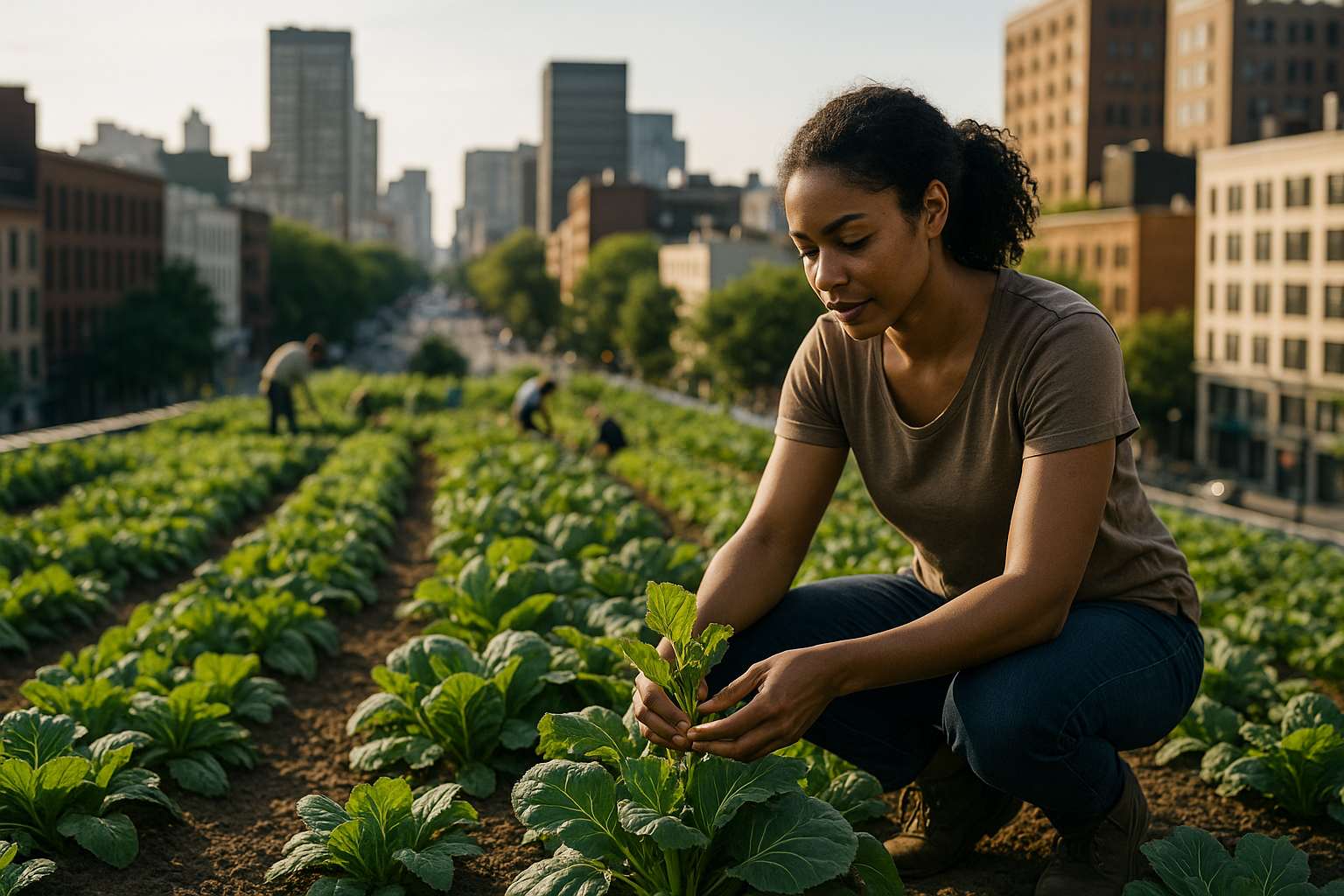The Blossoming of Urban Farming: A Green Response to Modern Society
Urban farming is not a new concept, but its importance and influence have skyrocketed in recent years. As we grapple with climate change and urbanization challenges, city dwellers are increasingly turning to sustainable farming practices. Read below to understand how this trend is shaping our society.

The Roots of Urban Farming
Urban farming, also known as urban agriculture, is the practice of cultivating, processing, and distributing food in or around urban areas. The historical roots of this practice can be traced back to ancient civilizations, where city dwellers maintained gardens for personal use. But the modern incarnation of urban farming is significantly different, shaped by the pressures of population growth, environmental concerns, and the pursuit of sustainability.
The Rise of Urban Agriculture in Contemporary Times
In the 21st century, urban farming has become a global phenomenon. From rooftop gardens in New York City to community vegetable patches in London, city dwellers worldwide are embracing the practice. The reasons are manifold: urban farming promotes food security, reduces the environmental footprint, and fosters community connection. It also provides city dwellers with a tangible way to reconnect with nature, a connection often lost in the concrete jungle.
The Societal Impact of Urban Farming
The societal implications of urban farming are far-reaching. For one, it promotes food sovereignty, allowing city dwellers to assert control over their food supply. It also plays a crucial role in fostering community spirit and promoting social inclusion. Community gardens, for example, bring together individuals from diverse backgrounds, fostering interaction and shared experiences. Furthermore, urban farming can play a vital role in creating green jobs and stimulating economic growth.
The Future of Urban Farming
As we look to the future, urban farming is poised to play a significant role in our cities’ evolving landscapes. With the rising concerns about climate change and the increasing emphasis on sustainable living, urban agriculture’s popularity is likely to soar. The challenge will be to ensure that this practice is accessible and equitable, benefiting all city dwellers rather than a privileged few.
The blossoming of urban farming is a testament to our society’s ability to innovate and adapt, even in the face of daunting challenges. As we continue to navigate the complexities of modern life, practices like urban farming offer a beacon of hope, a green response to the concrete realities of urban living. It reminds us that even within the city’s steel and glass confines, nature can flourish, and so can we.




